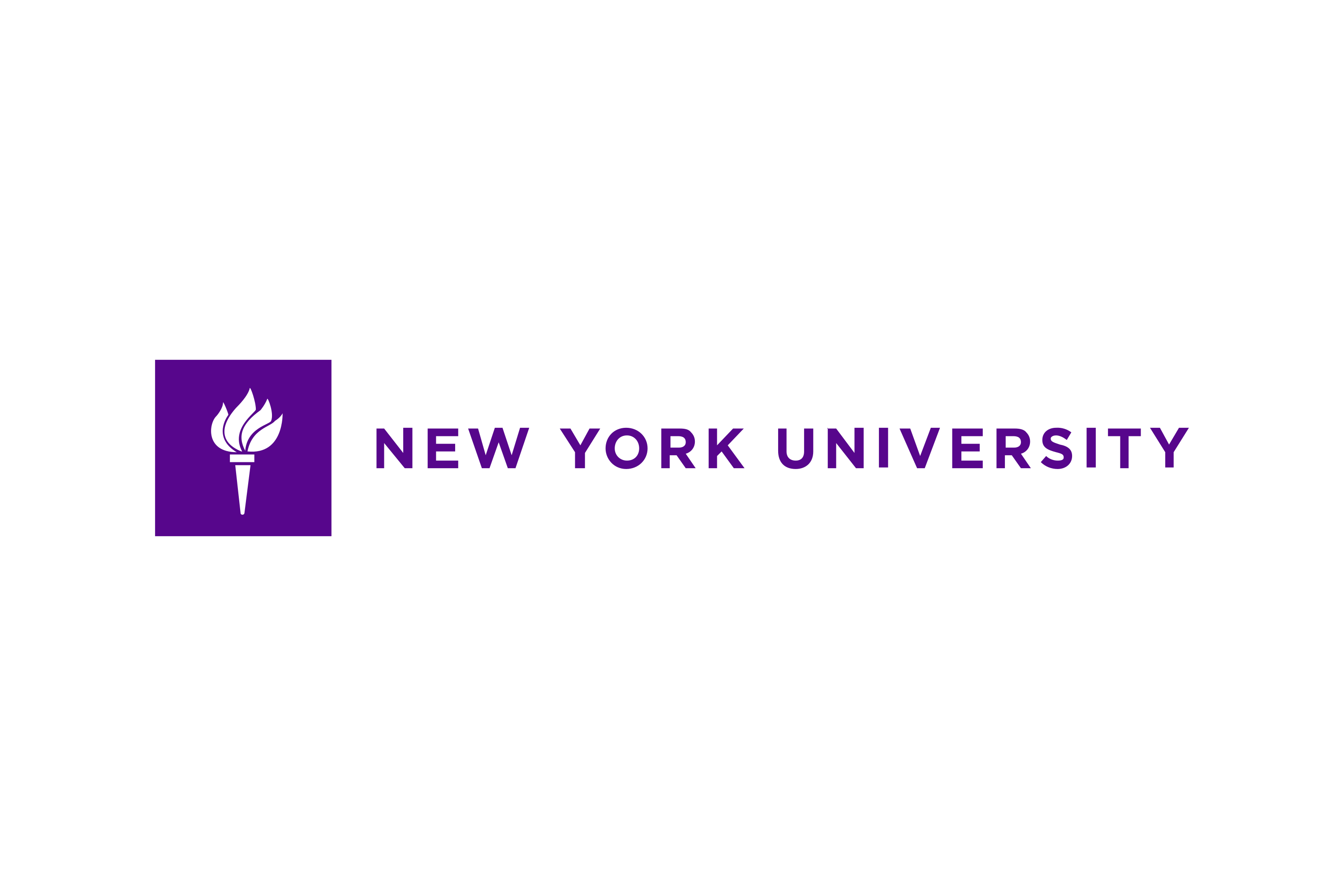New York University: NYU Establishes Cash Transfer Lab to Study Impact of Universal Basic Income and Related Economic Policies
NYU has established the Cash Transfer Lab to examine the impact of cash transfer policies, such as a universal basic income, on American families, communities, and economies.
NYU’s Cash Transfer Lab will study the impact of cash transfer policies, such as a universal basic income, on American families, communities, and economies. Photo credit: cmart7327/Getty Images
Effort Backed by $3.5 Million from Jack Dorsey’s #StartSmall Initiative
New York University has established the Cash Transfer Lab to examine the impact of cash transfer policies, such as a universal basic income, on American families, communities, and economies.
“The idea of a universal basic income dates back to the 16th century and has had backers of all ideological stripes and backgrounds, ranging from Thomas Paine and Richard Nixon to Martin Luther King, Jr. and James Baker,” says Sarah K. Cowan, founder and executive director of the Cash Transfer Lab and a professor of sociology at NYU. “In recent years, it has attracted increased attention and support, yet we still know too little about the effect of cash transfers on poverty, educational attainment, health, and gender and racial inequality.”
“The Cash Transfer Lab will rigorously address these questions using multiple methodologies in order to better inform policymakers, elected officials, and thought leaders as they weigh the merits of these programs,” adds Cowan, a social demographer and a former Robert Wood Johnson Health and Society fellow.
The Cash Transfer Lab, supported in part by a $3.5 million grant from Jack Dorsey’s #StartSmall initiative, will begin its work with a study on the effects of Alaska’s annual payments to the state’s residents—a program that closely resembles existing universal basic income proposals.
Since 1982, the state of Alaska has sent an annual check to each of its residents. The amount—the Alaska Permanent Fund Dividend (PFD)—varies each year, but typically ranges from $1,000 to $2,000 for all Alaskans.
The PFD, then, offers researchers the opportunity to examine how a universal basic income, and other cash transfer programs, could work in practice. Moreover, because the dividend amount varies each year, analysts can potentially have a firmer understanding of the impact of different levels of cash transfers.
In this initial study, Cowan and her colleagues will review more than three decades of data from the state’s vital registries as well as school attendance records, test scores, insurance claims, and other statistics.
“Many believe that a universal basic income is a sound policy idea,” says Cowan. “But we simply do not know how such a massive transfer of wealth would change America. This work will offer insights into how such programs affect not only individuals’ economic situations, but also what impact they may have on education, crime, health, family life, and civic engagement—effects that are potentially felt by broader communities.”
Editor’s Note:
The Cash Transfer Lab brings together researchers from multiple disciplines to examine Universal Basic Income and cash transfers. Founded in 2021 by NYU Professor Sarah K. Cowan, a social demographer, with initial funding from the #StartSmall Initiative, the lab seeks to understand the impact of cash transfers on poverty, educational attainment, and health as well as gender and racial inequality. For more, please visit its website.
About #StartSmall
#StartSmall is Jack Dorsey’s philanthropic initiative to fund global COVID-19 relief, girls health and education, and efforts towards Universal Basic Income. Dorsey transferred $1 billion (28% of his wealth) to #StartSmall in 2020.

